Portuguese
Professional translations into Portuguese
Most statistics show Portuguese as the ninth most widely spoken language in the world, a fact owed to the extensive colonial empire created by Portugal in the XV century. So, apart from Portugal and Brazil, the Portuguese language area includes Angola, Mozambique, Cape Verde, Equatorial Guinea, Guinea-Bissau, São Tomé and Príncipe, Uruguay, Paraguay, Macau (China), Goa (India), East Timor, and areas of Spanish/Portuguese code-switching where Portuñol is spoken.
With regard to the spoken language, all varieties of Portuguese notwithstanding some phonetic differences, are mutually comprehensible to its speakers without great difficulty, which significantly simplifies oral communication on an international level.
In the area of written communication , however, if a company should wish to translate its website into Portuguese in order to present it to foreign markets, strong geographical differences emerge. Apart from the twenty or so Creole languages of local descent (e.g. the Creole of Cape Verde), Portuguese has two written varieties that differ both lexically and syntactically from each another: Brazilian Portuguese and European/African Portuguese. Despite a controversial spelling reform in 1990 that attempted to create a unified international version of the language, these differences still remain and compel anyone wishing to communicate with Portuguese-speaking countries to make a conscious choice about the variety they use.
On the American continent, Portuguese is the official language of Brazil, with over 182 million speakers, and is taught as a foreign language in many other nations such as Uruguay, Argentina, Bolivia and Paraguay, where the total number of native Portuguese speakers exceeds 100,000.
In Europe
Portuguese is the official language of Portugal, with a population of 10.3 million. Also strongly present, however is Galician, a “Castilianised” form of Portuguese that is similar to Spanish and of which the people of Galicia are proud.
In Africa
texts written in European Portuguese are much preferred. Portuguese is the first language of Angola and the most used language in Mozambique. According to UNESCO, the continuing spread of Portuguese will, by the middle of this century, make it among the most widely spoken languages on the African continent. Taken together, Angola, Mozambique, Guinea-Bissau, Cape Verde and São Tomé and Príncipe are known as “PALOP” (Países Africanos de Língua Oficial Portuguesa – Community of Portuguese Language Countries) and boast a population of nine million native Portuguese speakers.
What about the similarities between Spanish and Portuguese? Are the two effectively interchangeable languages, as is often said? Though close to each other in spelling and largely based on similar words, their pronunciation renders them sufficiently diverse to cause frequent difficulties of comprehension between the two. In this connection, it is interesting to note that, in numerous areas of Latin America, Portuguese and Spanish are often used in the same conversation; in these cases, comprehension is relatively smooth, though native Spanish speakers tend to encounter more difficulty in understanding Portuguese than vice versa.
Translation and cultural adjustment in Portuguese
To assist in the international activities of our clients, our company has invested in technology and staff dedicated to the specialist translation of legal, financial, technical and scientific documents.
Since Portuguese has diverse geographical variants, it is important to be in control of company terminology used in overseas communication: translations for Brazil, for example, should be based on a terminology and style which is often different from what is suitable for the European or African markets. This has encouraged our company to develop glossarial services as well as services to check terminological uniformity for each specific Portuguese language market.
Translation and editing services in Portuguese are available to companies in all fields, from the translation of charters or company contracts, to the editing of catalogues, technical guides and specifications, including translation of balance sheets or detailed presentation of innovative products.
Our linguistic assistance is focused on internationalisation: we are specialists in the cultural adjustment of texts for a Brazilian audience and we have consolidated our experience especially in the localisation of company profiles, marketing texts, scientific documentation for the pharmaceutical sector, and instruction manuals for the mechanical engineering industry.
Finally we would underline the opportunities offered today by ethnomarketing, that is the translation and adaptation of communication in order to reach the important immigrant markets of Europe and America (in this case, native Portuguese speakers), whose needs are already widely recognised by the telecommunications and banking sectors.
Are you looking for a Portuguese interpreter with technical and commercial experience?
SMG UK Translations Limited (SMG UK) provides conference and negotiation interpreters who are specialists in Portuguese.
Conference interpreters are available in Italy, Brazil, Portugal, USA, Germany and many other countries, providing simultaneous, consecutive and chuchotage interpretation (whispered) services for high-level institutional meetings, company conventions and board of directors meetings.
Our negotiation interpreters also operate as linguistic and cultural mediators. They explain to the client the social context in which he or she is operating and the habits and customs of their interlocutor, with the aim of assisting them as effectively as possible in reaching their targets.

